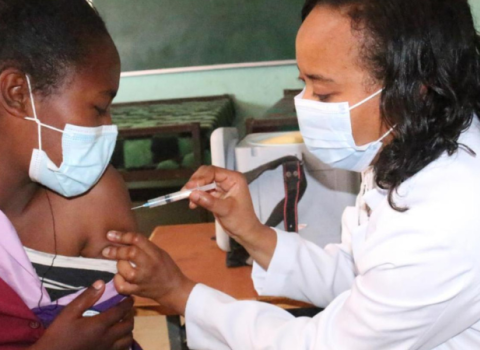Placing
Algeta ASA of Oslo has raised $35 million (NOK 246 million) through the placing of 22.3 million new shares with existing shareholders and new institutional and professional investors, led by healthcare investor Abingworth LLP.
The money will enable the company to complete the current Phase III clinical trial of its prostate cancer treatment Alpharadin, and carry out any other studies required for marketing approval.
Andrew Kay, CEO, said, “I am delighted we have been able to secure this additional funding from a wide range of existing investors and new investors. The fact that we have been able to raise $35 million in the present economic climate demonstrates investors’ confidence in Algeta’s ability to generate shareholder value via the successful development and commercialisation of our lead product, Alpharadin.”
“We will use the new funds to invest in our current phase III clinical trial with Alpharadin, which is designed to confirm that it is a safe and effective treatment for bone metastases arising from prostate cancer and has the potential to improve patient survival times. In addition, we intend to broaden the overall clinical development programme of Alpharadin so that we can demonstrate its potential benefit for patients with other cancers that metastasise to bone.”
Joe Anderson, a Partner of Abingworth who will join the board of Algeta, said, “We believe the company has a breakthrough technology that will lead to an effective, safe medicine for cancer patients with bone metastases. We believe Alpharadin will be a successful drug and, with this financing in place, Algeta has the necessary resources to progress the final stages of its development.”
Alpharadin is a bone-targetting alpha radiation-emitting pharmaceutical based on radium-223. In Phase II trials it was shown to prolong survival and improve quality of life by controlling pain with no side effects. The benign safety profile suggests that it could be an effective treatment for bone metastases when used in combination with other cancer therapies and for patients without current treatment options.





 A unique international forum for public research organisations and companies to connect their external engagement with strategic interests around their R&D system.
A unique international forum for public research organisations and companies to connect their external engagement with strategic interests around their R&D system.